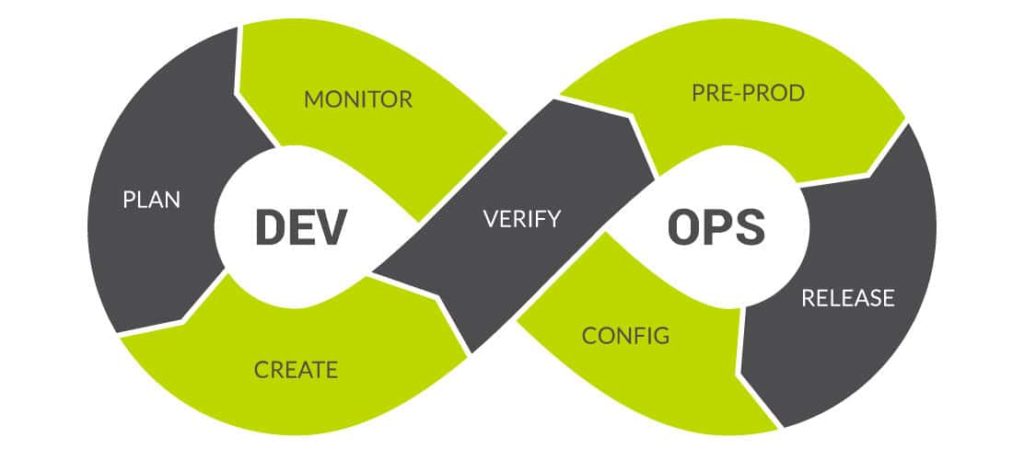What Is DevOps?

DevOps is a set of practices that combines software development (Dev) and IT operations (Ops). It aims to shorten the systems development life cycle and provide high-quality continuous delivery.
DevOps culture is a way of thinking about and working with technology that emphasizes collaboration, communication, and automation. It is a culture that is built on the principles of continuous improvement, customer satisfaction, and operational excellence.
There are many reasons why we need DevOps culture. Here are a few:
- Increased speed and agility: DevOps can help organizations deliver software faster and more frequently. DevOps teams work together to break down the silos between development and operations. This allows them to identify and fix problems early in the development process, which can lead to shorter release cycles.
- Improved quality: DevOps can help organizations improve their software’s quality. This is because DevOps teams work together to automate the testing process. This can help catch bugs early in development, leading to higher-quality software.
- Reduced costs: DevOps can help organizations to facilitate their IT costs. This is because DevOps teams work together to automate the deployment process. This can help reduce the need for manual intervention, leading to lower costs.
- Improved customer satisfaction: DevOps can help organizations to improve customer satisfaction. DevOps teams work together to ensure the software is released when it is ready. This can help reduce the number of customer support tickets, leading to higher customer satisfaction.
If you want to improve your software development process’s speed, quality, cost, and customer satisfaction, you should consider adopting a DevOps culture.
Here are some of the critical principles of DevOps culture:
- Collaboration: DevOps teams work together to break down the silos between development and operations. This allows them to identify and fix problems early in the development process, which can lead to shorter release cycles and higher-quality software.
- Communication: DevOps teams communicate openly and frequently. This helps ensure everyone is on the same page and that problems are identified and resolved quickly.
- Automation: DevOps teams automate the software development and deployment process as much as possible. This helps to reduce the need for manual intervention, leading to faster release cycles and higher-quality software.
- Continuous improvement: DevOps teams continually look for ways to improve their work. This can involve adopting new tools and techniques or finding better ways to do things.
If you are looking to adopt a DevOps culture, there are a few things you can do:
- Start by educating your team about DevOps. Many resources are available online and in books to help you learn about DevOps.
- Identify the key areas where you can improve your software development and deployment process. Once you have identified where you can improve, you can implement changes.
- Measure the results of your changes. It is vital to measure the results of your changes to see what is working and what is not.
- Continuously improve. DevOps is a continuous process. There is always room for improvement.